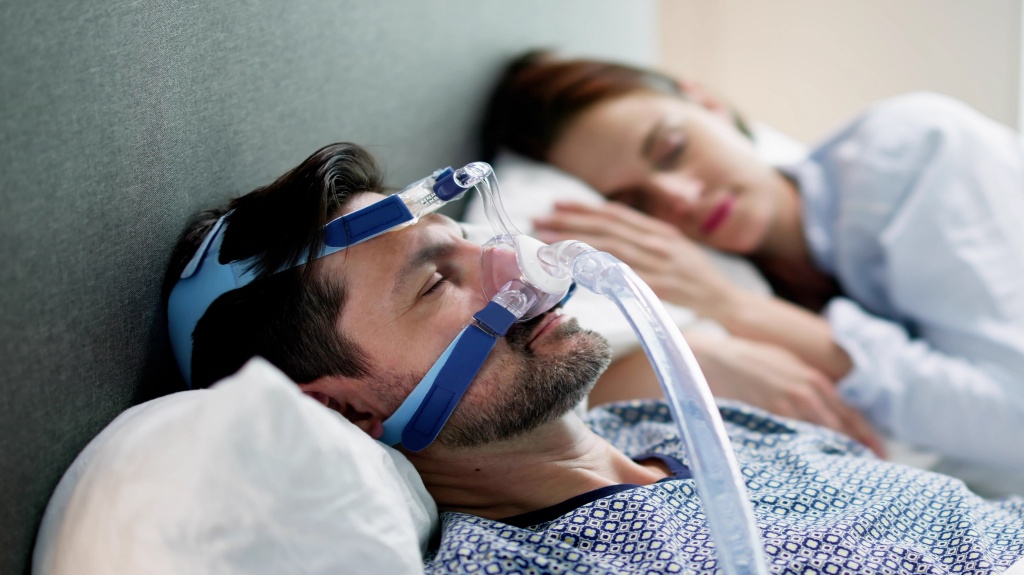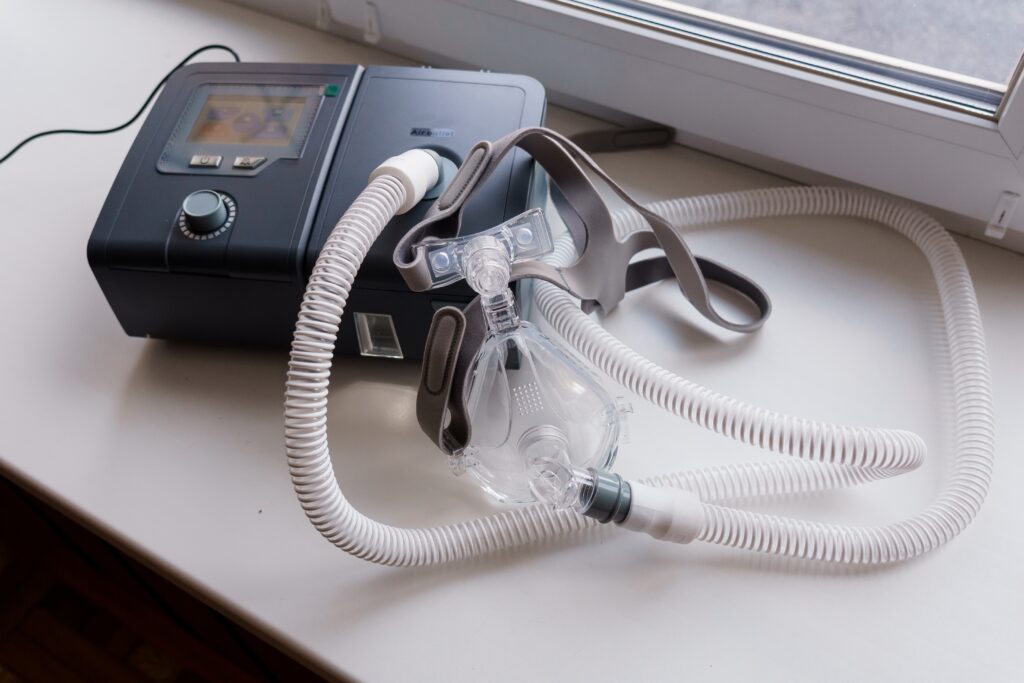
A common condition among veterans is sleep apnea. Sleep apnea causes interrupted breathing during sleep, which can lead to fatigue and other serious health issues. The Department of Veterans Affairs (VA) offers VA disability benefits for veterans who have sleep apnea and can show that it was caused by their time in the military. Often with sleep apnea, a CPAP (Continuous Positive Airway Pressure) machine is used to help treat the symptoms. The question often arises whether or not a veteran with sleep apnea needs to have a CPAP in order to receive benefits. In this blog, we will go over this question and more, outlining the key factors associated with receiving VA benefits for sleep apnea.
Understanding VA Disability Ratings for Sleep Apnea
Sleep apnea causes interruptions in breathing during sleep, there are three different types of sleep apnea:
- Obstructive Sleep Apnea (OSA): The most common type, caused by airway blockage.
- Central Sleep Apnea: Occurs when the brain fails to send proper signals to the muscles controlling breathing.
- Mixed Sleep Apnea: A combination of obstructive and central sleep apnea.
The symptoms of sleep apnea can include:
- Chronic fatigue.
- Loud, persistent snoring.
- Difficulty staying awake during the day or concentrating.
How the VA Rates Sleep Apnea
The VA uses a disability rating system that evaluates the severity of sleep apnea and its overall impact on the veteran’s daily life and health. Below is the rating table they use for sleep apnea:
- 0% Rating: Simply being diagnosed with sleep apnea isn’t enough to qualify for a disability rating. If the veteran is asymptomatic, they will receive a 0% rating.
- 30% Rating: A 30% rating is given when the veteran experiences chronic daytime sleepiness, even after getting enough rest. This condition, known as hypersomnolence, affects their daily functioning.
- 50% Rating: A veteran may qualify for a 50% rating when their sleep apnea requires the use of a breathing device, such as a CPAP or BiPAP machine.
- 100% Rating: If the veteran’s sleep apnea causes chronic respiratory failure with carbon dioxide buildup, and they need a tracheostomy to help them breathe, they should receive a 100% disability rating.
Learn More: How Does the VA Rate Sleep Apnea for Disability?

Can You Qualify Without a CPAP Machine?
While it is not required to be prescribed a CPAP machine to get VA disability benefits, it is often associated with higher ratings. The VA bases disability ratings on documented symptoms and the impact on daily life, not on the use of medical devices. Based on the rating table above, veterans can still receive benefits for sleep apnea if they don’t use a CPAP machine. However, using a CPAP machine can increase their rating to 50% or higher depending on the severity of the sleep apnea.
How Can Sleep Apnea be Connected to Military Service?
For veterans with sleep apnea looking to seek benefits, showing service connection is crucial. There are a few different ways that sleep apnea can be caused by military service:
- Lifestyle: The lifestyle that comes with the military can be chaotic. It can involve rotating shifts and traveling often, which can have an impact on sleep.
- Injuries: Certain injuries can cause issues that lead to sleep apnea, specifically brain or mental health issues.
- Environmental hazards: Veterans are often exposed to environmental hazards like dust, chemical agents, and pollutants while serving in the military. These hazards can lead to respiratory issues, which can cause sleep apnea.
Evidence Needed to Support a Claim for Sleep Apnea
- Medical Records: Medical records are extremely important with VA disability claims. A diagnosis from a medical professional is necessary along with any treatment records to show the progression or severity of the sleep apnea.
- Service Connection Evidence: Service connection must be clearly documented in your claim. This can include evidence of in-service events, exposure, or aggravation of the condition during service.
- Lay Statements: These are statements from family members, friends, or fellow service members and are also known as a “buddy statement”. In this statement, the veteran’s peers speak on what they know and witness from the veteran and their condition and can serve as supporting evidence.
Securing VA Disability Benefits for Sleep Apnea Without a CPAP Machine
In the end, the answer is yes, veterans can still get VA disability benefits for sleep apnea without a CPAP machine as long as they provide enough evidence that connects it to their military service. It is important for veterans to be aware that not having a CPAP can lead to a lower disability rating than if they did use one.
If you’re struggling to file a VA claim for sleep apnea or need guidance through the appeals process, our experienced VA disability attorneys are here to help. Contact us today for a free consultation and let us help you secure the benefits you deserve.
Nothing posted on this website is intended, nor should be construed, as legal advice. Blog postings and site content are available for general education purposes only.
